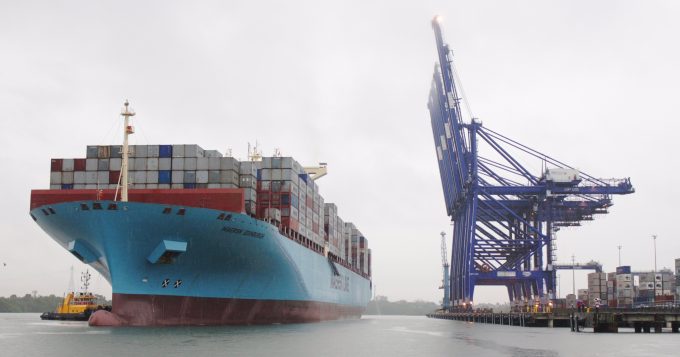More pressure on shippers from new levy at container depots at Nhava Sheva
Container depot operators in and around India’s Nhava Sheva port (JNPA) have announced an additional ...

Some good news: the ebit margins of ocean carriers improved in 2019, according to an Alphaliner survey, with just two out of the top 10 lines that publish their results recording negative operating profits.
“The carriers’ financial results were positively impacted by higher freight rates and ...

Comment on this article